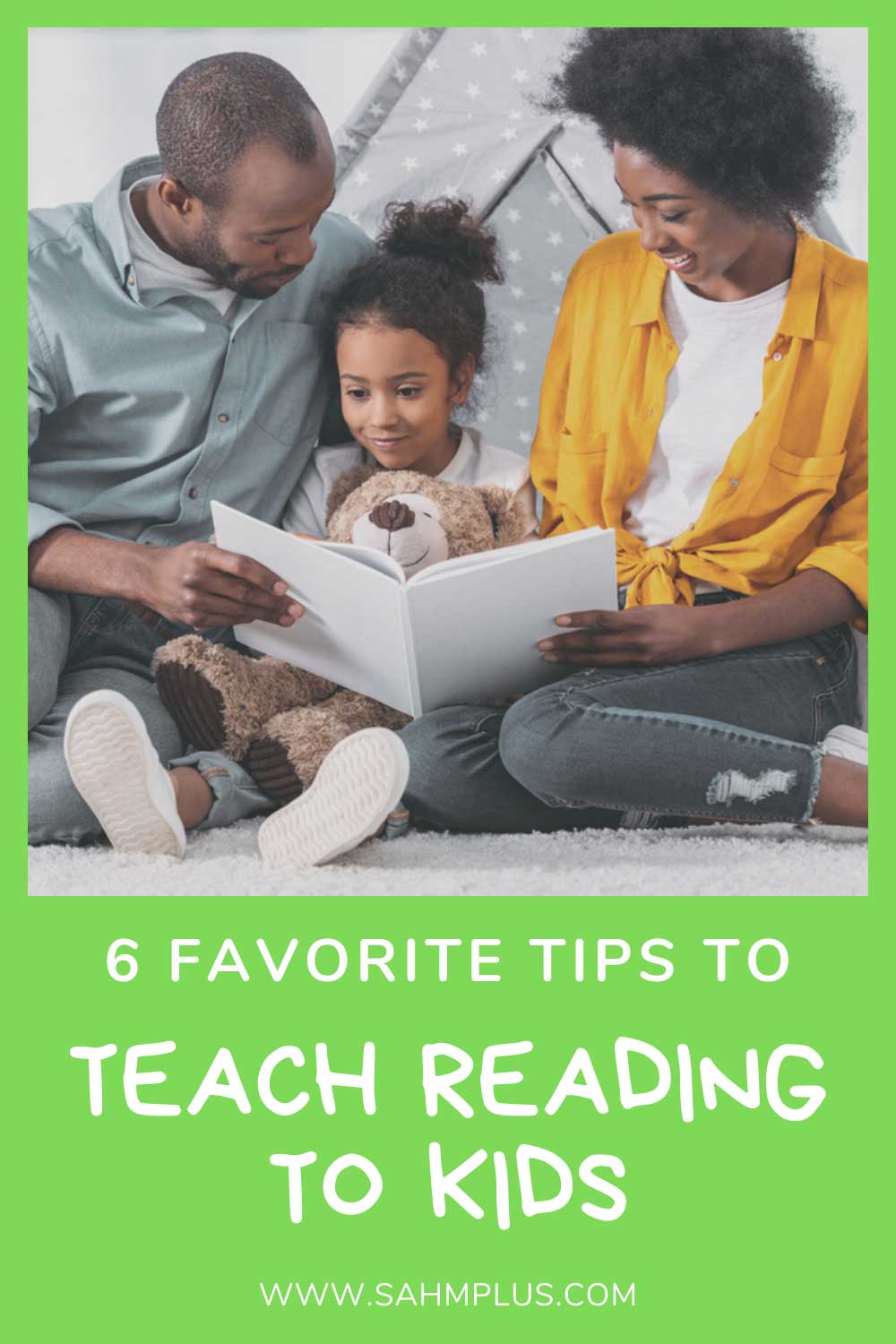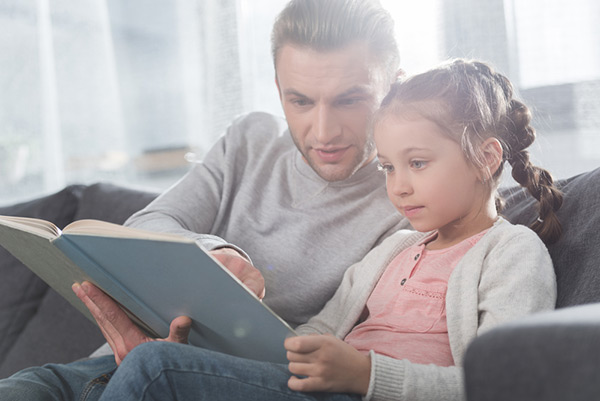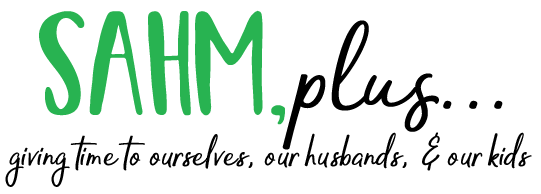I’m a big fan of reading and there are so many benefits of reading for children. So, I aim to make regular reading part of my kids’ world early on by having a pretty large selection of books at home. Ready to teach a child to read?
I keep telling my 9 year old that the better she is at reading and comprehension, the easier the rest of her school subjects will be. Math isn’t always going to be number problems and she’s seeing that more with word problems.
But, she’s always been one to love to learn and has always made teaching new subjects pretty easy.
My son, on the other hand, was way more physically active and hard to pin down to sit still. It took so much work to get him to sit still to even listen to stories unless it was bedtime, that I didn’t spend nearly as much time with him on reading as I did with my daughter.
But, VPK is helping him to mellow out, to some degree and I’m finally seeing signs that he’s ready to work on reading! I don’t think I could be more excited!
I’ve picked up on a few tips to help you teach a child to read over the years and these tips should help you no matter where your child is in the process.
Want to know my secrets for teaching a child to read?

When Should I Start Teaching My Child to Read?
While most kids start reading at about 6 or 7 years old, I believe it’s never to early to teach a child to read. Even if they’re not ready, does it hurt?
Heck no!
Giving your kids a solid reading foundation early can only benefit them, in my opinion.
Still, if you’re going to start early, do so with zero expectations.
If your child displays an interest, teach on!
If your child isn’t ready, just keep teaching them without the pressure of expectations.
Really, just have fun! Your child will learn to read when they are ready. And, you’ll probably notice some signs that they’re ready to learn when you least expect it. That’s a good feeling!
How to Teach a Child to Read
These are some of the things I do, starting at an early age, with my own two kiddos to help them learn to read. These are my tips to teach a child to read with less frustration.
Reading Apps
Even as toddlers, I exposed my little ones to educational apps that helped them form the basis of learning to read through recognizing letters and letter sounds.
My son’s favorite app as a toddler was Hooked on Phonics. In this year’s update, the app became much more engaging and exciting, so he continues to be fascinated with the app, and he’s about to turn 5.
Hooked on phonics uses simple games, songs, and stories to teach the basics of letter sounds and blending as your child progresses through the app. Plus, Hooked on Phonics can use a variety of media online and offline to teach your child to read.

We’ve also used ABC Mouse, which now has Reading IQ for ages 2 to 13. ReadingIQ includes reading level assessments and over 7000 books for kids of all ages and reading levels. You can have up to 3 children on one account and the program is available on desktop, tablets, or your phone.
Snag your first month of ReadingIQ for free!
Another popular reading program is Reading Eggs.
This is another program geared to children ages 2-13! They have Reading Eggs Junior for ages 2 to 4 and Reading Eggpress for ages 7 to 13.
Read Often
Starting from an early age, read to your children often. Before they can learn to read, you’re doing them a favor by building their vocabulary. Plus, it’s great to see mom and dad reading and you can use nightly reading for additional bonding and togetherness.
One of my favorite things to do with the kids as toddlers was to visit the library and let them pick out new books as often as once a week. This kept them interested in books because they constantly had a rotation of books.
But, they each had their favorite books at home that they’d cycle through pretty regularly.
Read and Spell Small Words
I have a habit of picking a one or two small words (two or three letter words) out of a short book that I want my kids to focus on.
When reading, I’ll come to the word (or words) I want to focus on and I’ll point to it, read it, spell it, and then read it again.
I might even ask my kid what word I just read.
I’ve figured out it’s time to focus on teaching your child how to read a little more when they’re able to tell the difference between the two words you pick out in a book.

Ask What Letters a Word Starts With
Beginning sounds are a great way to teach a child to read and this can be treated as a game.
Ask these questions in a variety of ways:
What letter does (insert your child’s name here) start with? If a child isn’t sure, enunciate the beginning sound of the name or word. For example “What letter does Bradley start with? Buh buh Bradley …”
Word Cards
One of my favorite activities was using letter cards with pictures of things that began with that letter to work on the sounds of letters as they were used in the word.
Kids have more fun with that too!
Don’t Force It
While you might be ready to teach your kid how to read, he might not be ready to learn.
Don’t put pressure on him. Instead, make reading fun, take your time, and don’t stress it.
It will happen!

2 comments
I didn’t spend nearly as much time with him on reading as I did with my daughter.
I have a 6-year-old son and he can’t go to school because of the pandemic, I think we’ll have to teach him to read and write, your writing will help us, thank you.
Comments are closed.